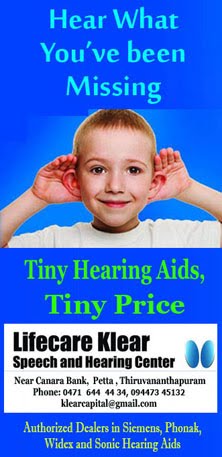If you’ve ever had your little one in for a surgery, like any parents, it may have sent you on an overdrive to scour the internet for p...
If you’ve ever had your little one in for a surgery, like any parents, it may have sent you on an overdrive to scour the internet for possible complications etc. In your research frenzy, you may have come across this warning from the US Food and Drug Administration. They had earlier suggested that prolonged and repeated sedation before age three may affect brain development.
However, this latest study suggests that there is no evidence to prove that children who are exposed to anaesthesia had lower intelligence level than those who did not have it. Published in the journal Anaesthesiology, the study said that the warning was based on several preclinical animal studies and not on human studies.
Anaesthesia is not harmful
The human studies include a variety of different populations with several different outcomes. Thus, interpreting these results requires consideration of the outcome used, the power of the study, the length of exposure and the efforts to reduce the confounding effects of comorbidity and surgery.
“For the majority of kids undergoing surgery, the results overall are reassuring,” said lead author David Warner, a paediatric anaesthesiologist at Mayo Clinic. “About 80% of kids who need surgery under age three only need one and it’s relatively brief,” he added.
However, for those with multiple exposures to anaesthesia had modest declines in fine motor skills, but their parents reported more learning and behavioural problems. Parents whose children had anaesthesia once under age 3 reported more problems with mental skills known as executive functions -- skills that help with memory, impulse control, planning and flexibility -- but not with other behaviours, the findings showed.
Method for study
For the study, the team studied 997 people who had anaesthesia exposures before their third birthdays. Beyond their anaesthesia exposure, the three groups of patients were matched to be as similar as possible, the results revealed. Several other studies also show little evidence that a single anaesthetic is associated with significant harm.
“Although we do have some concerns about the children who are receiving multiple anaesthetics, it’s important to note that our results don’t allow us to conclude that anaesthesia itself is causing problems,” Warner said, adding that other factors, such as the conditions that make surgery necessary, could contribute. “However, the fact that we found some problems in some of these children means that research in this area needs to continue, including further analysis of our data,” he added.
_Source: News Agency
(This story has not been edited by Local Glob desk and is from news agency feed)














COMMENTS